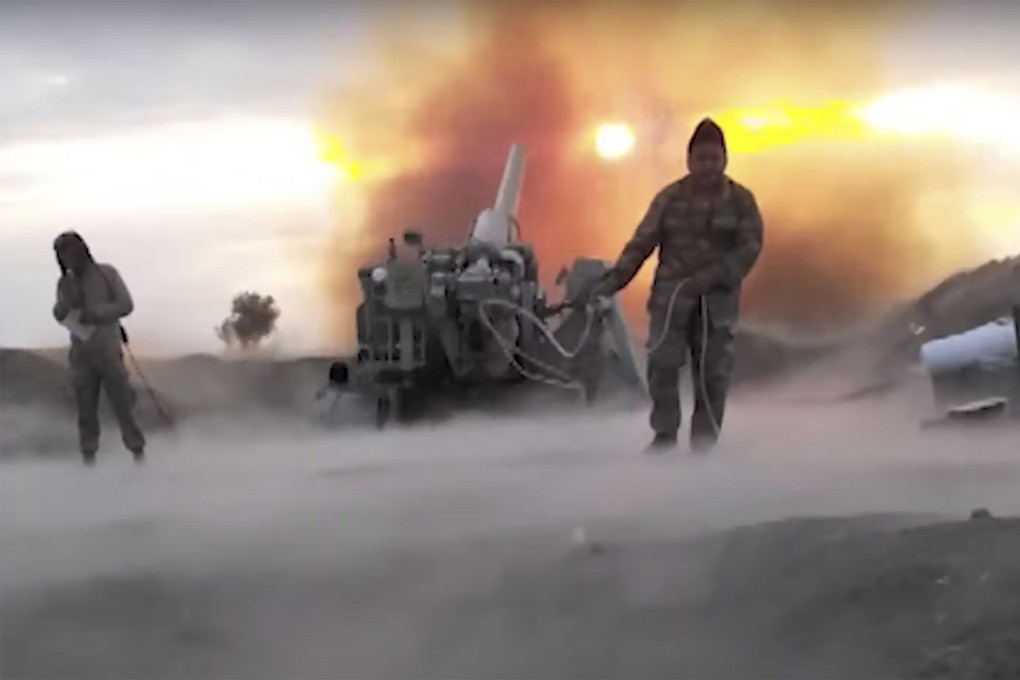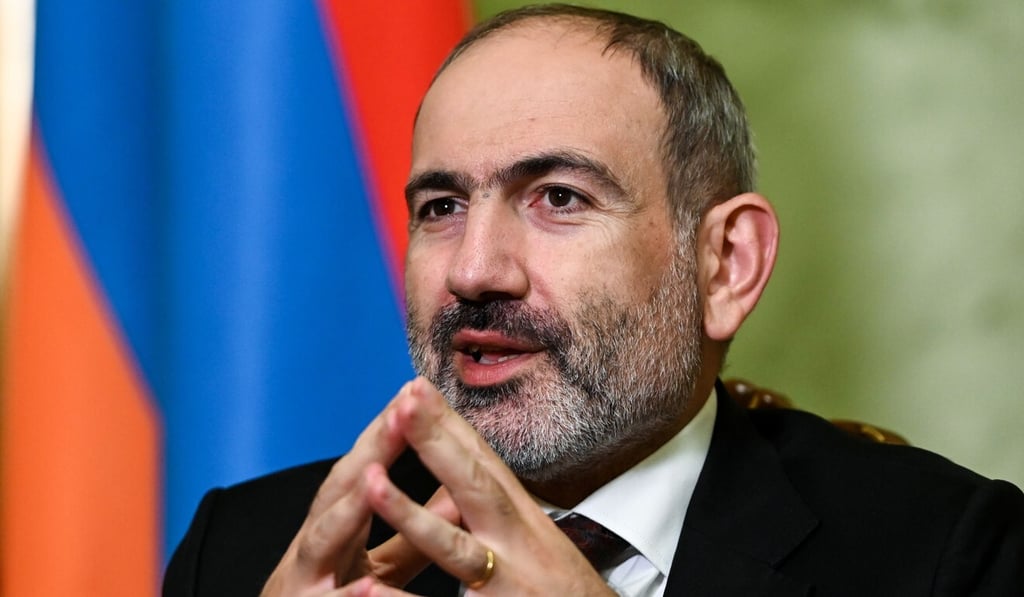Advertisement
‘We expect China and the world to tell Armenia enough is enough’: Azerbaijan blasts Nagorno-Karabakh mediators
- Elchin Amirbayov tells Post of hope that world powers will enforce international law, with latest peace pact widely seen as a win for Azerbaijan
- Mediators have spent too much time ‘pretending’ to be neutral to be effective, he says
Reading Time:4 minutes
Why you can trust SCMP

International mediators tasked with resolving the Nagorno-Karabakh territorial conflict between Azerbaijan and Armenia were ineffective because they were more keen on maintaining a facade of neutrality, a senior Azerbaijani official has said.
Speaking to the South China Morning Post days before Monday’s peace deal between the two countries, the Azerbaijani official Elchin Amirbayov said he hoped world powers including China would be unwavering in enforcing international law.
Under the latest deal, which follows large gains in territory by Azerbaijan after a military offensive, the two sides will retain the territory they currently control and Russian troops will be deployed to the area while a lasting settlement is negotiated.
Advertisement
Armenia’s Prime Minister Nikol Pashinyan said his participation in the accord “was unspeakably painful for me personally and for our people”.

Advertisement
“I have taken this decision as a result of an in-depth analysis of the military situation,” he added. Azerbaijan’s President Ilham Aliyev said Pashinyan had no choice but to agree.
Advertisement
Select Voice
Choose your listening speed
Get through articles 2x faster
1.25x
250 WPM
Slow
Average
Fast
1.25x